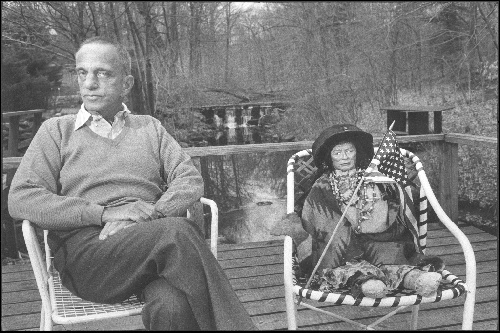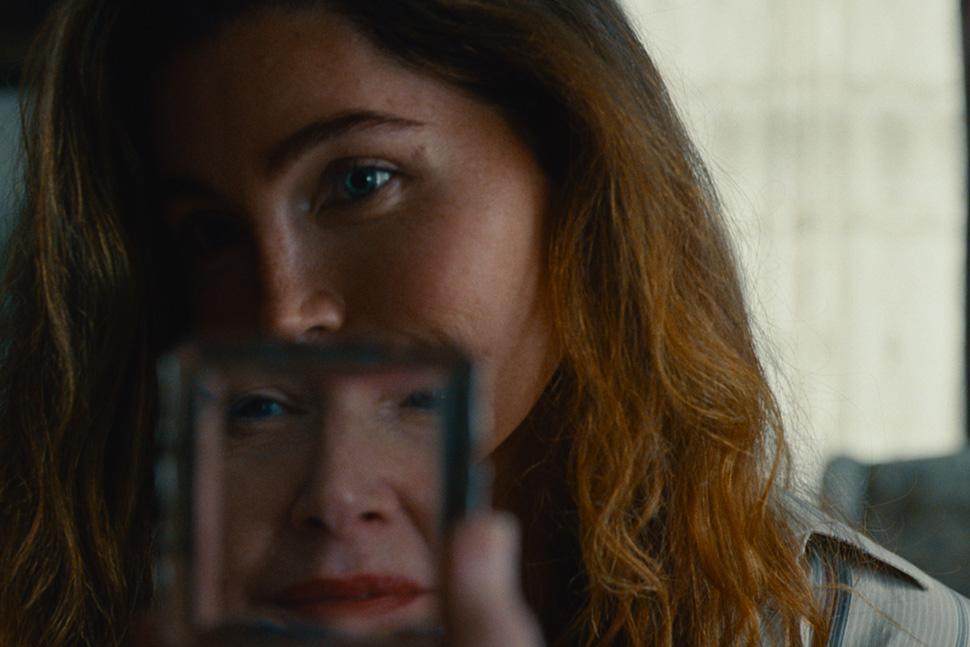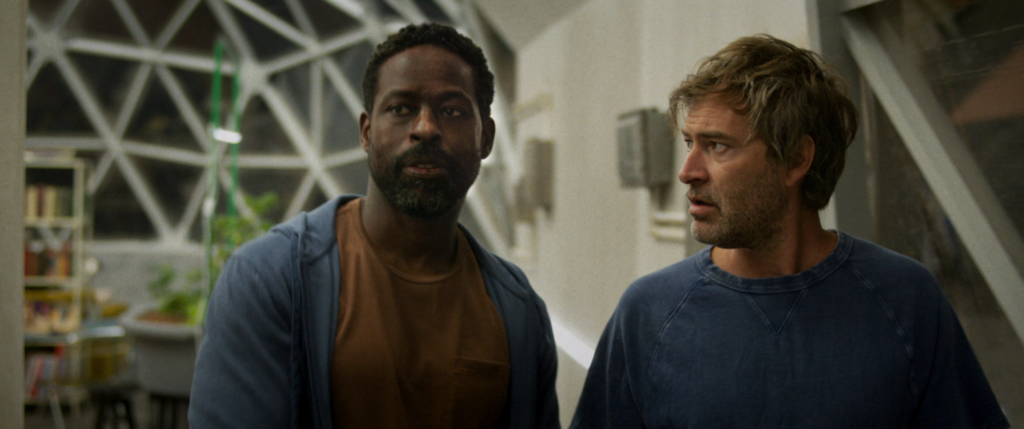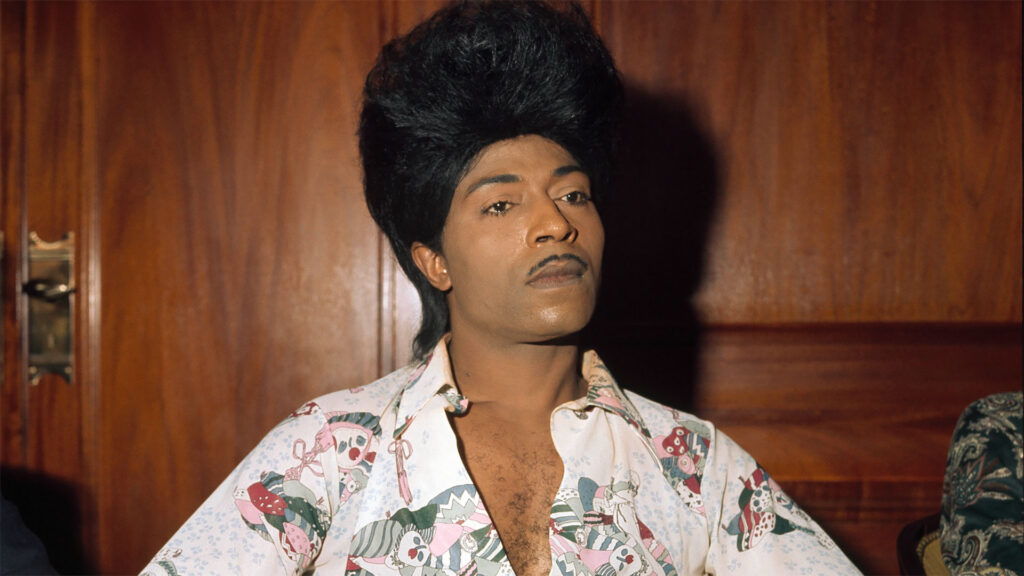“To call Roy Cohn evil, it’s true, but it doesn’t explain 100 other things about him,” says one of the characters featured in “Bully. Coward. Victim. The Story of Roy Cohn.” Ivy Meeropol’s documentary explores the controversial lawyer’s many layers. A trailer just dropped for the HBO project.
We’re told that Cohn, the late right-hand man and mentor of Donald Trump, “knew how to get permits taken care of, unions to do your bidding, the mafia to leave you alone.” Cohn “would do whatever he needed to to win.”
As one interviewee explains, “Every era has an opportunist — somebody who will stretch the law and ethics to make the ends justify the means.”
Meeropol told us that she wanted to look “beyond all the many contradictions that informed [Cohn’s] life, in search of the human being lurking behind the Machiavellian persona.” She explained, ‘I began by considering my own family’s interaction with Cohn when he was a young assistant prosecutor in my grandparents’ — Ethel and Julius Rosenberg’s — trial. Cohn doggedly pushed for my grandparents’ execution, so this was a natural part of my exploration, but my family’s experience is only one point of view.”
The director described Cohn as a “deeply complicated person,” which is why she “sought out people who knew him intimately and could speak about him beyond the courtroom. This is a man who seemed to draw on his own self-loathing as a closeted gay Jew to fuel the vicious, frequently criminal tactics that gave him such notoriety,” Meeropol observed.
“I want audiences to also get beyond the pat descriptions of Cohn as ‘evil,'” she emphasized. “We give him and others like him too much power when we don’t look deeper as to how they are able to wield their influence. Calling someone evil oversimplifies their acts, and in a way exonerates them from all the crimes they perpetrated in life. He chose his own course. I wanted to understand the circumstances that produced his outlook on the world but also find a way for audiences to make their own conclusions without telling them exactly how to feel.”
The “Heir to an Execution” director added, “That said, I want people to feel that societal bigotry destroys lives and that Cohn’s way of dealing with his fear of his own sexuality along with his self-loathing was to destroy others. His actions and tactics throughout his life are unforgivable and reprehensible yet we get nowhere without looking behind those tactics.”
Cohn died in 1986.
“Bully. Coward. Victim. The Story of Roy Cohn” premieres on HBO June 19.







